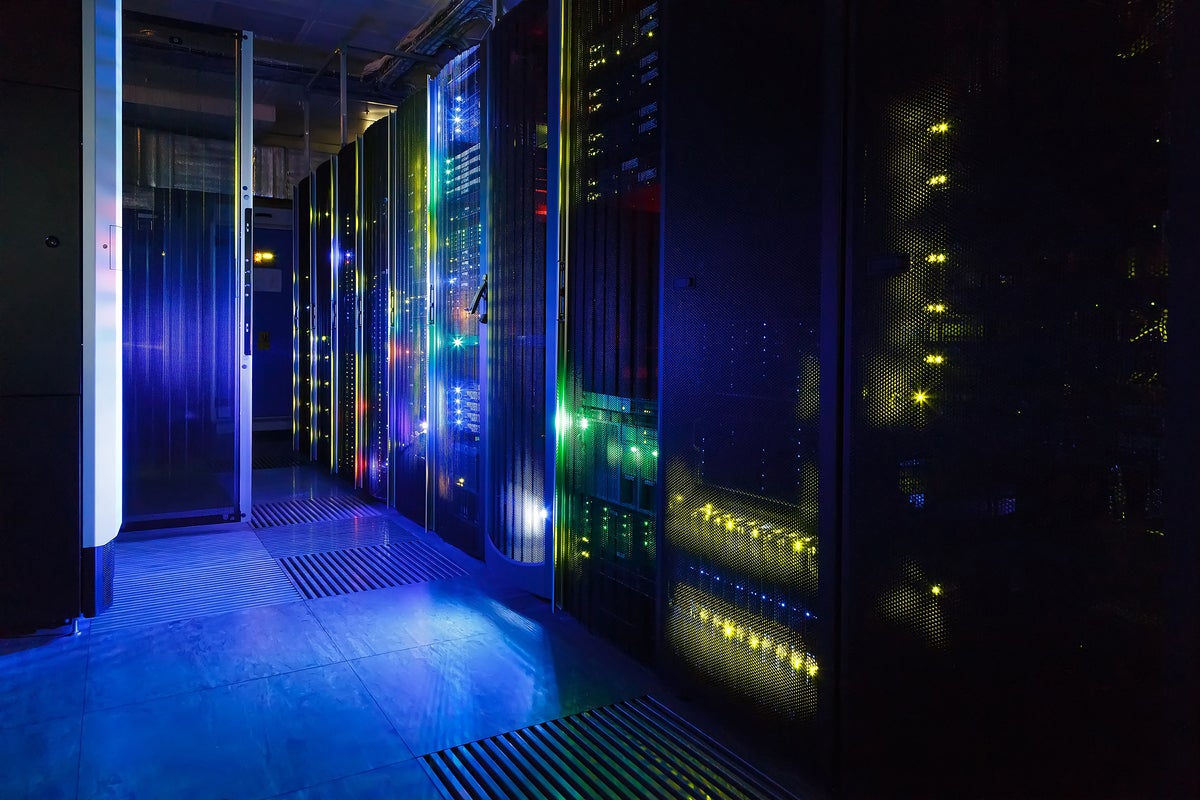- This TCL Mini LED model is my sleeper pick for premium TV shoppers (and it's on sale)
- I found the popular Samsung Frame TV on sale for up to $1,700 off
- Juniper extends Mist AI observability, performance management capabilities
- 6 rumored Android 16 features I can't wait to try
- ServiceNow unveils AI workflow automation partner ecosystem, autonomous IT capabilities
Juniper’s enterprise networking business on a roll

Enterprise networking has never been so prominent for Juniper Networks as it is right now.
For the first time in Juniper’s history, its enterprise networking business was the largest of its three core divisions – cloud, service provider and enterprise – in the first quarter of 2022. Enterprise networking revenue grew 18% year-over-year in Q1 to $433 million, while Q1 cloud and service provider revenue came in at $307 million and $428 million, respectively.
A variety of things came together to make that happen – everything from pent-up demand and pandemic-delayed network refresh cycles to enterprise digital transformation and an influx of spending to support hybrid workers, said Manoj Leelanivas, Juniper Networks’ chief operating officer, in an interview ahead of the company’s Global Summit event this week.
“There is a growing need for simplicity in the enterprise like never before, because organizations need to manage and navigate campuses, branches, remote workers and micro sites which people are creating,” Leelanivas said.
In Juniper’s case, bolstering management and enabling operational simplicity means using and enhancing its Mist AI/ML cloud-based management platform. Mist is at the core of multiple Juniper services, including its Wi-Fi Assurance offering, which measures performance and service-level metrics for wireless networks; Wired Assurance, which taps into Juniper’s network routers and switches to gather telemetry data that measures network performance; and WAN Assurance, a cloud-based service that will gather telemetry data from Juniper SRX, Contrail and other WAN gear and pass that information to Marvis, which is the natural-language-based AI/ML engine at the core of Mist.
Most recently Juniper expanded its portfolio of Mist services with SD-WAN management capabilities. The additions include zero-touch provisioning with WAN topology configuration, security-policy configuration, WAN service and policy configuration, network-tenancy configuration, and network configuration.
“Marvis simplifies the installation and operation of the network by offering self-healing and self-management capabilities for WiFi, wireless and SD-WAN all in one control point, which is an advantage for our customers and key differentiators for us in the market,” Leelanivas said.
Another differentiator that’s bringing attention to Juniper is the company’s Apstra intent-based networking software. Juniper recently updated the software to help customers secure and support smaller data centers at distributed edge networks. The Apstra software keeps a real-time repository of configuration, telemetry, and validation information to ensure the network is doing what IT teams want it to do. The software includes automation to provide consistent network and security policies for workloads across physical and virtual infrastructures. In addition, its baked-in analytics capabilities perform regular network checks to safeguard configurations.
“At its core, Apstra is hardware-agnostic – so much so that we have a large customer data center that is completely using Cisco switches but they are all being managed by Apstra, not Cisco’s ACI [Application Centric Infrastructure],” Leelanivas said. “So, our automation control point, Apstra, is making it easier for this customer to manage a data center even though it’s not our networking gear. That is another area in the enterprise beginning to show a lot of promise.”
Juniper also recently added a professional service group called Apstra Deployment and Migration that will help customers migrate or build new Apstra-based environments.
Copyright © 2022 IDG Communications, Inc.

